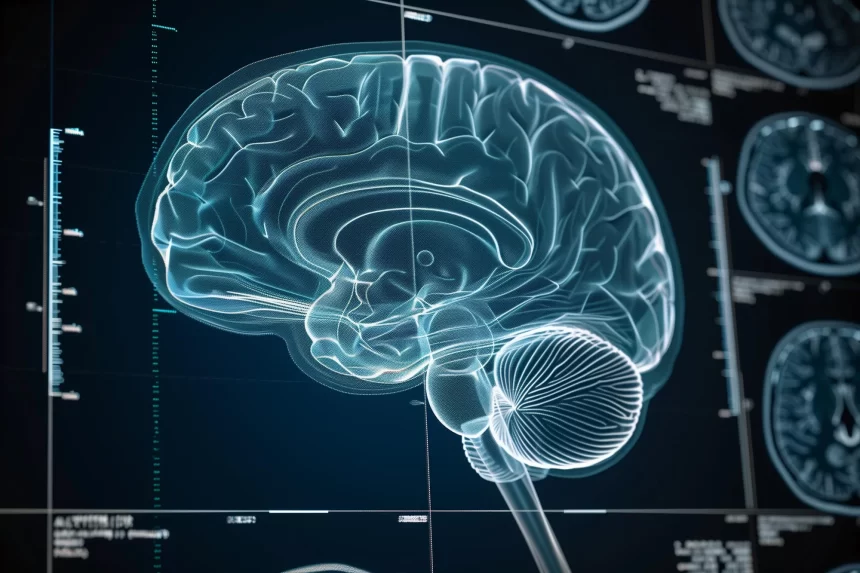Researchers, at the University of Cambridge have recently unveiled an AI tool that accurately predicts the progression from initial dementia symptoms to Alzheimers disease. This innovative tool boasts a success rate of four out of five cases promising a breakthrough, in the diagnosis and treatment of dementia.
The Need for Early Detection
As of now, than 55 million people around the world are affected by dementia. Experts predict that this number could triple over the five decades. Alzheimers disease is the leading cause of dementia accounting for 60 80% of cases. Early detection is crucial, for intervention;. Traditional diagnostic methods often involve invasive procedures and high costs leading to possible misdiagnoses and treatment delays.
Revolutionary AI Capabilities
The innovative AI system created by researchers, at Cambridge University is truly groundbreaking. By analyzing data from tests and MRI scans this tool has demonstrated a level of sensitivity that surpasses existing techniques. Professor Zoe Kourtzi, a figure in the project remarked that “Our tool excels in predicting the progression of Alzheimers disease.” Specifically the AI system achieved an accuracy rate of 82% in detecting Alzheimers advancement and 81% accuracy in identifying cases where there was no progression.
This high degree of accuracy solidifies the effectiveness of the AI model over methods paving the way, for timely and targeted interventions.
How It Works
The program reviews information, specifically evaluations and MRI findings to anticipate the progression of diseases. By studying trends in this data it categorizes patients according to how their condition’s likely to advance. This classification helps medical providers customize treatment strategies, with precision..
Real-World Application
After examining 900 people from memory clinics, in the UK and Singapore the model has shown its effectiveness in environments. This thorough validation highlights its practicality in real world scenarios. Dr. Ben Underwood, a consultant, at Cambridge shared his excitement about this progress by saying, “Its really thrilling to address uncertainties surrounding dementia symptoms with treatments emerging constantly.”
The Future of Alzheimer’s Diagnostics
The importance of the study goes beyond predicting Alzheimers disease. With the progress of AI and machine learning there is a chance to delve into their uses in memory related conditions and various healthcare data. The main aim is to transform how we diagnose memory issues and improve treatment options for results, in the run.
Why This Matters
In todays society as the population grows older advancements, like this AI technology represent more than advancements; they symbolize important steps, in addressing a growing public health concern. Improving methods of detection and treatment can offer support to those affected by dementia, both individuals and their families.
Get Involved in the Conversation
As artificial intelligence continues to influence the healthcare industry it’s crucial to keep yourself updated. Consider exploring products and tools that can provide insights, into these advancements;
1. Health Monitoring Devices; Look into health trackers to keep tabs on your well being and adopt an approach to maintaining good health.
2. Mental Wellness Apps; Discover applications focused on well being that offer guidance and resources to support your health.
3. Educational Reads; Dive into literature, about dementia and Alzheimers disease to broaden your knowledge of these conditions and gain perspectives.
Conclusion
The advancement, in knowledge in regards to the forecast of Alzheimers illness connotes a step in battling dementia. With research endeavors utilizing innovation to further develop accuracy the point is to standardize location helping many people. The continuous pursuit to understand and address dementia proceeds and with headways such, as this what’s to come seems confident.


